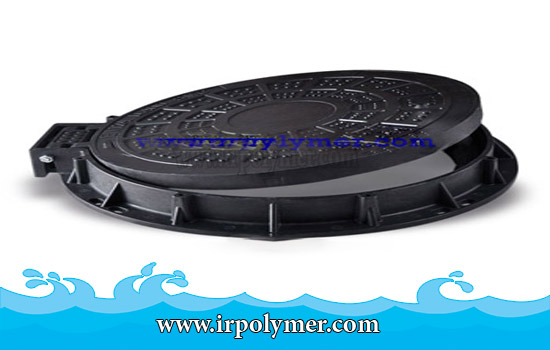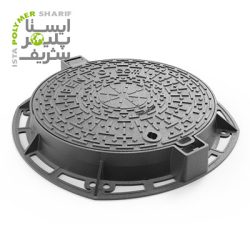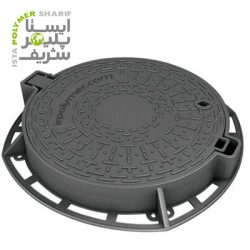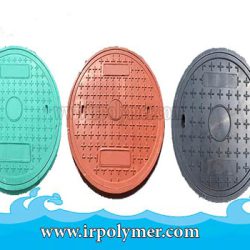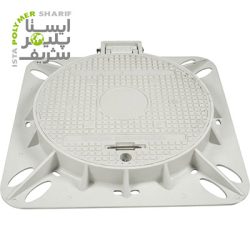Composite frames and covers have found extensive applications in covering manholes for sewage, telecommunications, and gas systems. Composite manhole frames and covers are produced using either manual or machine molding processes. Depending on their installation location, composite frames and covers are designed with various load classes and flexural resistances. Composite manhole covers and nanocomposite covers are manufactured in several load classes ranging from 1.5 tons to 90 tons. Machine-produced or hot molded composite frames and covers, such as composite manhole or trench covers manufactured by ABtank, offer higher product quality to consumers. The raw materials used for composite frames and covers are BMC and SMC, which include chopped glass fibers ranging from 3 to 6 millimeters in length, embedded in a matrix of unsaturated polyester resin and mineral fillers. These materials are molded under heat and pressure to form the final shape of the composite frame and cover.
Advantages of Composite Frames and Covers
Composite covers produced using BMC molding exhibit lower mechanical and physical resistance compared to covers produced using SMC molding. These covers can be manufactured in various colors and designs according to customer requirements. Compared to cast iron and concrete manhole covers, composite manhole covers have a lighter weight, making them easier to handle. Importantly, this lightweight does not compromise the structural integrity of the composite frames and covers; instead, composite covers offer higher environmental resistance. Composite frames and covers are theft-proof and non-recyclable due to their composition. Various methods are proposed for loading composites which are practical for industrial applications.
Composite Sewer Covers
Water and sewage lines require regular inspection and maintenance to address any damages. Installing composite sewage frames and covers on manholes can be highly beneficial. Composite sewage frames and covers have gained attention due to their numerous advantages, such as high resistance to corrosion compared to cast iron covers. Over time, cast iron covers may corrode due to moist weather conditions and usage patterns, whereas polymer covers are more resistant to corrosion. Additionally, composite sewage covers are manufactured in various dimensions and load classes to suit different applications.

